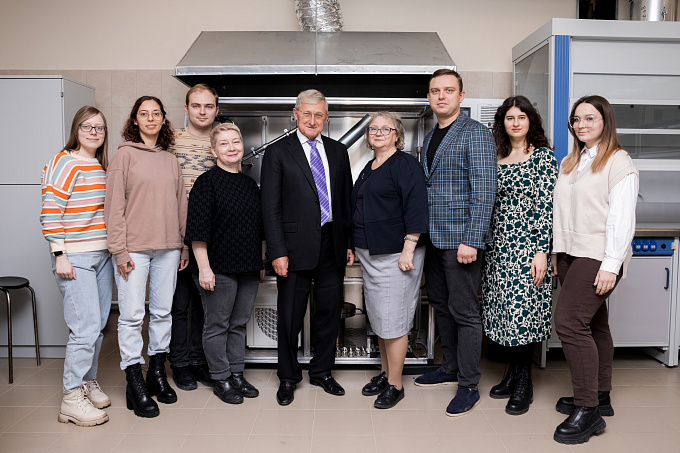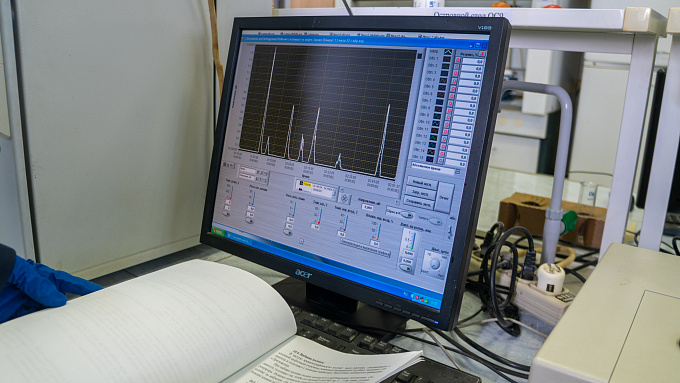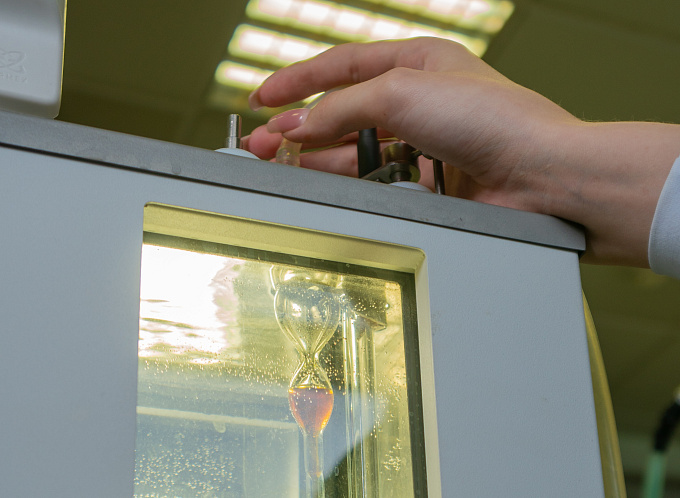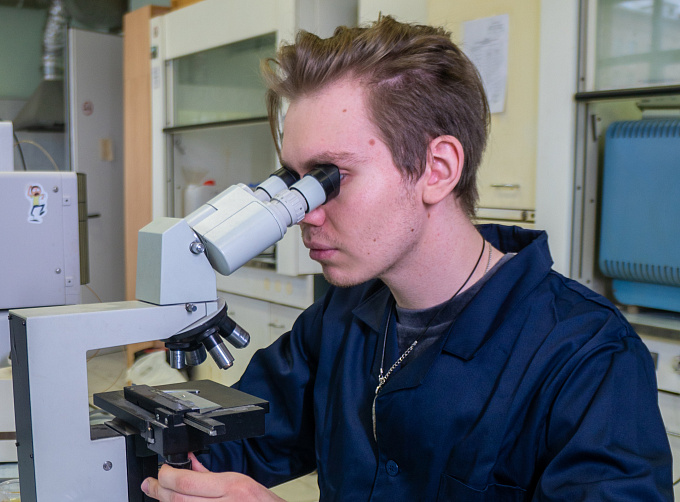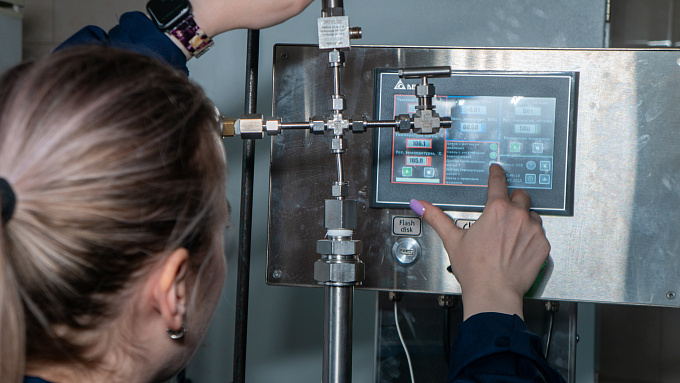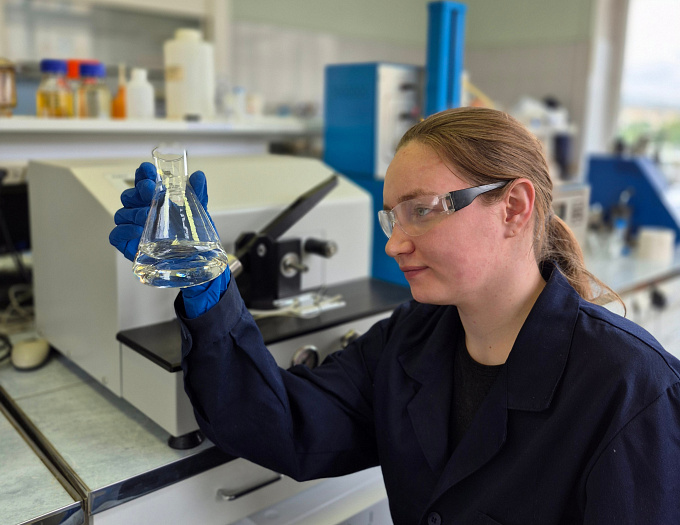Russia has developed a technology for producing aviation fuel from biomass
Research has confirmed that the technology for producing SAF aviation fuel from plant lignocellulosic waste will reduce carbon dioxide emissions by 75% compared to petroleum kerosene. The project was carried out with the support of the Russian Science Foundation.
The technology for producing environmentally friendly aviation fuel from lignocellulosic raw materials - a by-product of the agricultural and food sectors - was created at the Gubkin Russian State University of Oil and Gas (National Research University). The development will allow Russian aviation to meet modern requirements.
To reduce the carbon footprint, the International Civil Aviation Organization (ICAO), of which Russia is a member, established the CORSIA program, which obliges airlines to compensate for the increase in emissions compared to 2019. The voluntary stage of the program is currently underway, and the mandatory repayment of compensation will begin in 2027. Airlines will pay for or use sustainable aviation fuel (SAF) made from biomass and renewable carbon for international flights. Currently, it is produced by a few certified Western companies.
The technology for producing SAF aviation fuel from lignocellulose, developed by scientists at Gubkin University, is based on the processes of fast pyrolysis, delayed coking and hydrocracking. First, the raw material is converted into a more energy-dense liquid product as a result of pyrolysis — bio-oil, which contains a large amount of oxygen and bound water. Then it is coked together with tar, which allows removing some of the oxygen contained in the raw material. The resulting gas oil fraction subsequently undergoes deep hydroprocessing at a hydrocracking unit. In addition to the target product SAF, part of the renewable carbon goes into diesel fuel and gasoline, as well as into an equally valuable product — bio-coke.
"Due to the extremely low value, lignocellulosic waste is often not processed properly now, so its conversion into fuel will not only solve the problems of aviation, but also be an effective way of utilization," said Mikhail Ershov, professor of the Department of Oil Refining Technology at the Gubkin Russian State University of Oil and Gas (National Research University), and project manager.
Research at Gubkin University confirmed that the developed technology will not require fundamental re-equipment of existing installations. The high acidity of bio-oil dictates the need for only partial modernization of equipment and the use of corrosion-resistant alloys in individual units.
The technology for processing lignocellulosic raw materials in the pyrolysis-coking-hydrocracking chain of processes created by scientists at Gubkin University made it possible to obtain jet fuel with a fraction containing up to 12% of carbon of biological origin.
"Further work will be aimed at increasing the share of biocarbon in the fuel," said Mikhail Ershov. — The plans include research into the modification of bio-oil and its model compounds by preliminary depolymerization of carbohydrates and controlled oligomerization along the carbon chain.”
